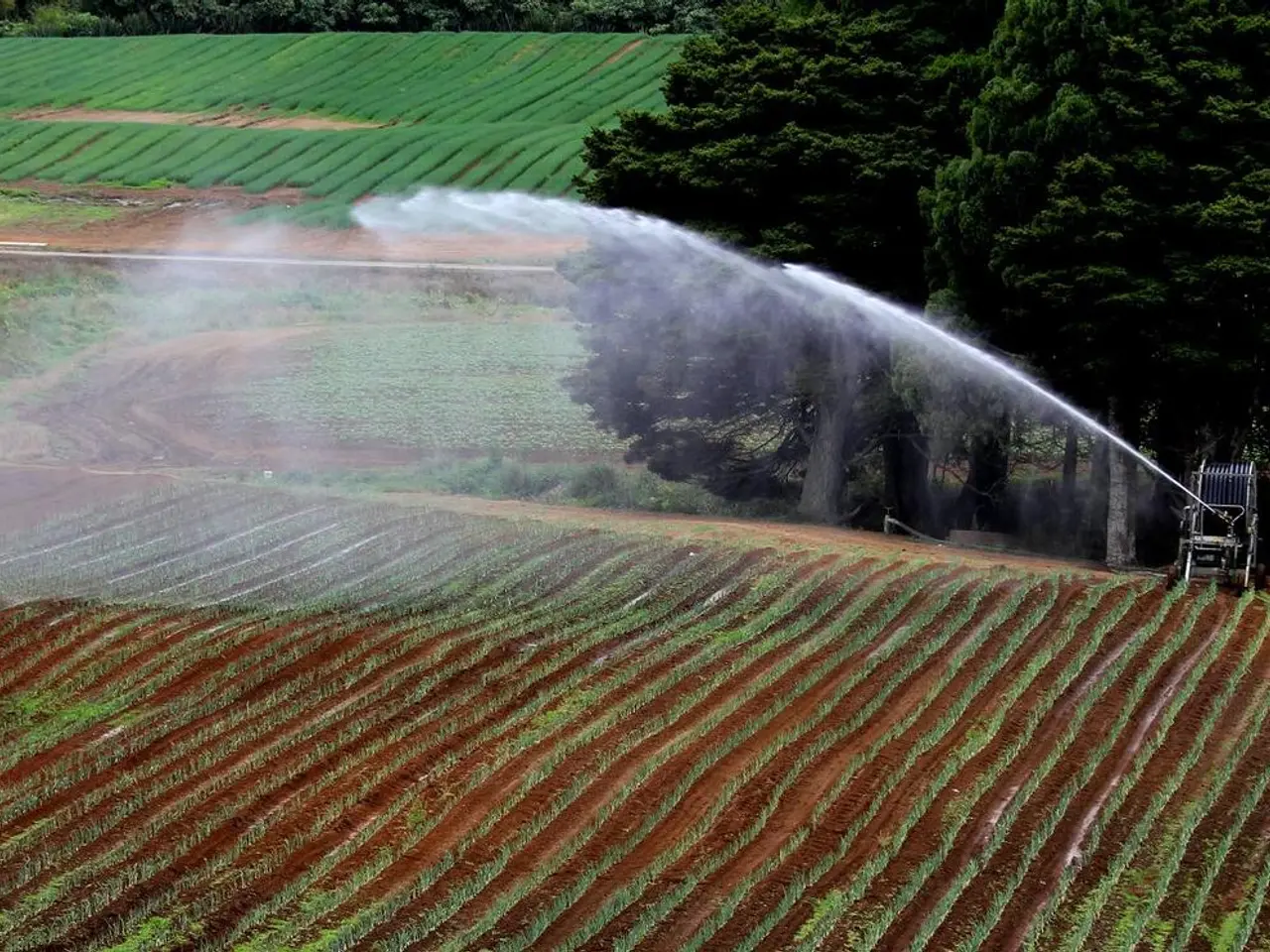Cultivation or farming of crops, animals, or products on a large scale.
In a world where climate change, biodiversity loss, and extreme weather events pose significant challenges to agriculture, the need for a sustainable approach to farming has never been more critical. This is the focus of the European Green Deal and the Common Agricultural Policy, which recognise the importance of balancing climate, environmental, and resource protection with a competitive and resilient agriculture.
The United Nations' Agenda 2030 for Sustainable Development further underscores this need, with a goal to increase global agricultural productivity as part of the broader mission to end hunger, achieve food security, and improve nutrition and promote sustainable agriculture. This agenda also enshrines the right to adequate food and protection from hunger.
Digitization and innovative approaches are key to optimising work processes and increasing the efficiency of agricultural operations. For instance, genomic methods offer promising biotechnological approaches for plant breeding, enabling better adaptation of plants to climate change, improved environmental protection, and increased yields.
However, these advancements must be accompanied by a focus on animal welfare and a reduction in the use of fertilizers and pesticides to ensure a truly sustainable agriculture. Biodiversity losses in agricultural landscapes are a concern, as they endanger the resilience of agricultural systems, food security, and the entire ecosystem.
The Russian attack on Ukraine has brought food security into sharp focus, with it now being seen as a security policy challenge. A competitive and productive agriculture is a key aspect of comprehensive security policy to ensure food security and avoid one-sided import dependencies.
Strengthening regional value chains is crucial in this context. While it might not equate to protectionist measures or isolation, it encourages free trade to stabilise supply chains and open up markets for domestic products. Identifying conflict lines, fostering constructive dialogue between different interest groups, and developing concrete recommendations for action are integral to ensuring the acceptance and utilization of innovations in agriculture.
The Umweltstiftung Michael Otto, a German foundation, has been actively promoting dialogue between agriculture, science, and environmental protection stakeholders to support the transformation of the agricultural sector. It emphasises the importance of close exchange among nature conservation, politics, science, and business for this purpose.
In conclusion, sustainable agriculture is not just about food production; it's about ensuring necessary food production through economically sensible action while meeting necessary social and ecological requirements. It's about global food security, climate protection, and biodiversity conservation, all working in harmony to create a sustainable future for our planet.
Read also:
- Peptide YY (PYY): Exploring its Role in Appetite Suppression, Intestinal Health, and Cognitive Links
- Toddler Health: Rotavirus Signs, Origins, and Potential Complications
- Digestive issues and heart discomfort: Root causes and associated health conditions
- House Infernos: Deadly Hazards Surpassing the Flames








